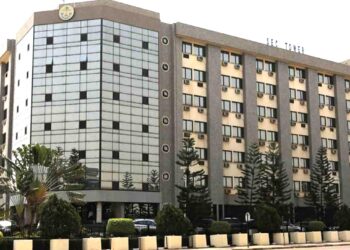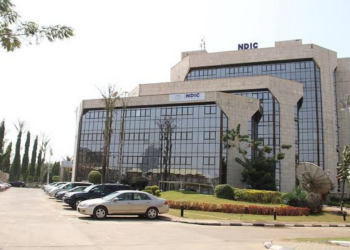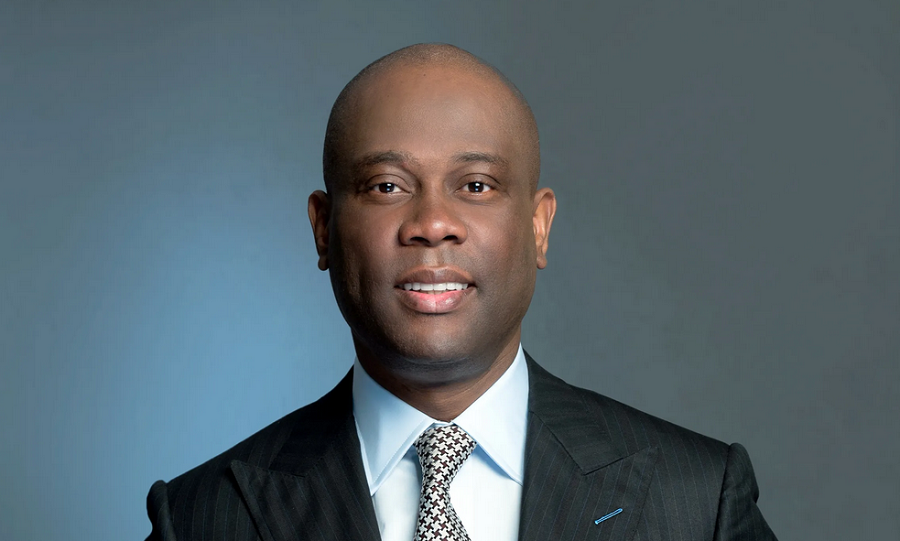Key Highlights
- Ponzi schemes have continued to thrive in Nigeria despite the negative effects it has had on people, with the Nigerian Deposit Insurance Corporation (NDIC) reporting that Nigerians have lost over N911 billion to Ponzi schemes and others in 23 years.
- The reasons for the continued success of Ponzi schemes in Nigeria include the high rate of unemployment, poverty, and financial illiteracy. Many Nigerians are also driven by the desire for quick wealth, making them susceptible to the lure of Ponzi schemes.
- Ponzi scheme operators often take advantage of the lack of enforcement and regulation in the country, using false documentation and complex strategies to conceal their main aim. Additionally, some celebrities and social media influencers have endorsed these schemes, leading to more people investing in them.
In December 2016, some Nigerians were thrown into panic, and anguish, when the Mavrodi Mondial Moneybox (MMM) scheme announced it was freezing the account of members in the country.
The yuletide was near and many had invested a month earlier to have something to spend for the festive period. For many, the scheme was a way to make money, and many have entrusted them having spent almost a year in the country and also a global ‘acceptance’ with subsidiaries in about 100 countries.
There were reports of how Nigerians reacted to the news with many who went through untold hardship. According to the Nigerian Deposit Insurance Corporation (NDIC), about three million Nigerians lost a reported N18 billion to the scheme.
The nature of Ponzi schemes is often rooted in the desire to make quick money or easy gain, and as such, unsuspecting individuals are lured into it. Ponzi schemes are often disguised as a business where ‘investors’ go in to invest and get returns that could be as high as 100 percent and little or no risk.
Ponzi scheme in the actual sense is a fraudulent scheme that thrives on people’s contribution, and is more like “robbing Peter to pay Paul.” Ponzi schemes often rely on new entrants to pay off the existing ones who have been promised some gains over a period of time.
The circle continues by using the money gathered from new entrants to pay old ones. After a while, having gained a level of trust, the founders vanish into thin air leaving individuals to count their losses.
One would have thought the experience with MMM would have changed the landscape of Ponzi schemes in Nigeria, but they have continued to be on the increase in different ways and forms.
Over the years, Nigerians have had a taste of different Ponzi schemes or wonder banks such as Twinkas, Ultimate Cyclers, Get Help Worldwide, and Swiss Golden, among others both locally and nationwide. The mode of operations is similar, and would often involve a member-to-member way of paying a certain individual an amount of money.
Over the years, a number of factors have been identified as the reason why Ponzi schemes have thrived in the country. Some of the factors include the high rate of unemployment and the nature of the economy, poverty, high-interest rates, and a means of having multiple streams of income. However, despite having the same outcome for years, many Nigerians still engage in this.
According to the NDIC, Nigerians have lost over N911 billion to Ponzi schemes and others in 23 years. The effects of this on the psychological and physical well-being of an average “investor” is huge. There are some factors lending credence to Ponzi schemes in the country.
Quick rich quick syndrome
Some Nigerians are often consumed with the get-rich-quick syndrome; one which Ponzi schemes offer. A typical Ponzi scheme doesn’t offer a yearly turnover, but some offer monthly, weekly, and some as fast as intervals between 3-5 days.
With this, they swindle individuals who are in dire need to have money as quickly as possible. This is also fueled by the promise of getting their investment or money increased and sometimes doubled within a short timeframe. With this, many are induced with the offer of free money.
They usually start by investing a little amount as a way to test the waters. Having succeeded, they increase their investment and would always refer or bring in more people.
Financial illiteracy
When it comes to the world of finance, a lot of individuals are illiterate and do not understand how the world of finance and investment works. This is also one of the factors that fraudsters bank on, and one that makes people susceptible to Ponzi schemes.
These individuals do not understand the climate, and would readily jump on a platform that offers a risk-free investment and also a high-income rate. for these individuals, a 50% to 100% income on a weekly or monthly basis is a good business, without considering other important factors in finance.
Also, the individuals do not do a ‘proper’ check on these platforms, their track records, and stories before putting their money into such.
Lack of enforcement
Most Ponzi scheme operators or founders explore the loopholes in the law to establish their scheme. They often come up with false documentation, a complex strategy that often conceals their main aim.
Also, the nature of Ponzi schemes has made it difficult for prosecutors to charge perpetrators. Their mode of operation is done to leave little or no traces, and also a difficult way of recovering funds
Celebrity endorsement
Celebrities are demi-gods in the eyes of their followers and they can do no wrong. Social media following have led to the use of celebrities and social media influencers as a figure to boost the image or lend credibility to a Ponzi scheme.
The Ponzi scheme operator relies on the name and fame of the celebrity to lure unsuspecting individuals to invest. Through an arrangement, the celebrity would post and sometimes use videos to endorse such schemes. A number of Nigerian celebrities have been caught on the web endorsing Ponzi schemes.
To not get swindled or defrauded, it takes action from the government and individuals. While the government plays its role to empower security and relevant agencies with the needed resources, and expertise.
Also, having a robust law and enforcement mechanism in place, and alerting the citizens when they information on one. Individuals, have to be cautious of any investment that promises to give a high investment return for ‘doing nothing.’ Furthermore, doing your research before any investment is made and seeking advice from a trusted financial expert is important.






















Fair report.
However, watch your grammar, Mr. Dapo-Thomas: “Ponzi schemes have continued to thrive in Nigeria despite the negative effects THEY HAVE HAD …..”